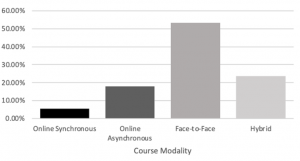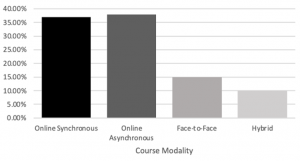
Does it matter if a patient discloses suicidal intentions to clinicians or to researchers?
Megan L. Rogers, assistant professor in the Department of Psychology, and her colleagues from Mount Sinai Beth Israel compared the effects of patients’ suicidal intent disclosures to researchers versus clinicians. They published the results in the journal Psychiatry Research.
The team reviewed clinical and research notes for 1039 patients from three different medical centers in New York City. Researchers and clinicians completed an intake assessment of patients and did a one-month follow-up.
The team found that 14.6% of patients disclosed suicidal intent to both researchers and clinicians, whereas 21.2% of patients disclosed suicidal intent to research assistants only. Finally, 8.4% of patients only disclosed suicidal intent to clinicians, but not researchers.
During the one-month follow-up assessment, the team found that patients who disclosed information to just clinicians displayed lower rates of suicidal ideation than patients who disclosed to only researchers. Furthermore, patients who disclosed suicidality to clinicians only had lower rates of suicide attempts (0.0%) during the one-month follow-up period compared to patients who disclosed suicidality only to researchers (18.3%).
Although patients were more likely to talk to researchers, those who disclosed to researchers only appeared to be at greater risk for future suicidal behavior. Patients who disclosed to clinicians, on the other hand, may have been more likely to get the help they needed.
It is important to reach out when having suicidal feelings. Texas State University students can schedule an appointment with the Counseling Center if you or someone you know is dealing with suicidal feelings or thoughts.









